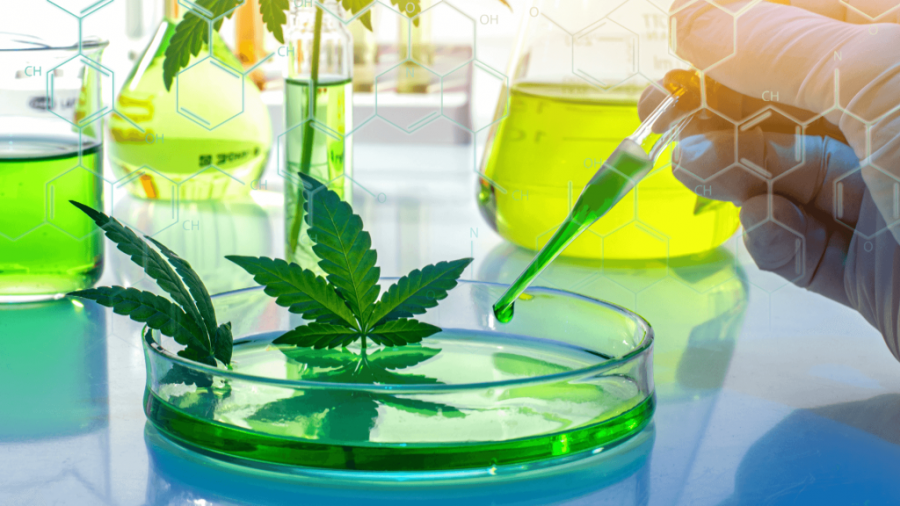Researchers demonstrate how CBD hinders psychoactivity of THC
Scientists have known for a while that cannabis’ non-psychoactive cannabinoid cannabidiol (CBD) may counteract the psychoactive effects of tetrahydrocannabinol (THC). However, the proof has not been solid… until now.
A fresh study on rodent models was recently published in the Journal of Neuroscience. The researchers discovered that the cannabis plant’s primary psychoactive cannabinoid THC actually triggers extracellular signal-regulated kinase (ERK).
CBD study: What are ERKs?
ERKs are protein kinase intracellular signaling molecules that act as a central pathway for transmitting messages from various extracellular agents for the regulation of meiosis, mitosis, and postmitotic functions in differentiated cells.
The molecule, which is found in the brain’s hippocampus, may prompt a number of unwanted side-effects in THC users, including anxiety, paranoia, and addictive behaviors.
During the cannabis study, rats administered with a mixture of CBD and THC experienced less anxiety, due to the fact the cannabinoid combination normalized their ERK levels.
“Our findings identify for the first time the molecular mechanisms by which CBD may actually block these THC-related side-effects,” said researcher and Professor Steven Laviolette, Ph.D.
Study authors say it is crucial for long-term consumers to choose high-CBD, low-THC strains
According to the authors who conducted this cannabis study, the importance of selecting a suitable strain with the right ratio of CBD: THC is critical. Labeling rules from the Food and Drug Administration (FDA) clearly state that cannabis-containing product packaging must inform consumers of the cannabinoid content, as well as the content of other plant derivatives, such as terpenes.
“Our findings have important implications for prescribing cannabis and long-term cannabis use. For example, for individuals more prone to cannabis-related side-effects, it is critical to limit use to strains with high CBD and low THC content,” said the authors.
The lead author of this cannabis study, Roger Hudson – a Ph.D. candidate – made a point of noting that the ERK pathway was not influenced unless CBD was combined with THC. Alone, CBD produced no ERK impact.
“By co-administering CBD and THC, we completely reversed the direction of the change on a molecular level. CBD was also able to reverse the anxiety-like behavior and addictive-like behavior caused by the THC,” Hudson explained.
As time progresses, the research team will explore ways in which they can formulate the psychoactive compound THC with minimal side-effects, all the while enhancing the efficacy of CBD when used in a clinical setting.
CBD market is experiencing exponential growth
The colossal growth of the CBD is triggering more research into this cannabinoid. Statistics show that the global CBD market was worth USD $3,088.51 million in 2018. By the year 2026, the figure is projected to rise to USD $2,207,162.54, growing at a Compound Annual Growth Rate (CAGR) of 125.58 percent from 2019-2026.
Last year, the CBD market share was largest in the Americas, which constituted 78.14 percent of the global CBD market. In 2018, the value of the U.S. CBD market was $2,413.34 million. Europe trailed closely behind, with a market value of $358.19 million.
Liquid CBD products proved to be the most popular last year, with market analysts reporting that this segment of the industry accounted for 51.86 percent of total market share; valued at $1,601.62 million. The liquid CBD segment is expected to inflate at a CAGR of 127.24 percent during the forecast period.
In regards to the most popular methods of CBD administration, tinctures made up 36.65 percent of CBD market share last year; valued at $1,132.07 million. The CBD tincture segment is forecast to grow at a CAGR of 126.54 percent during the forecast period.








